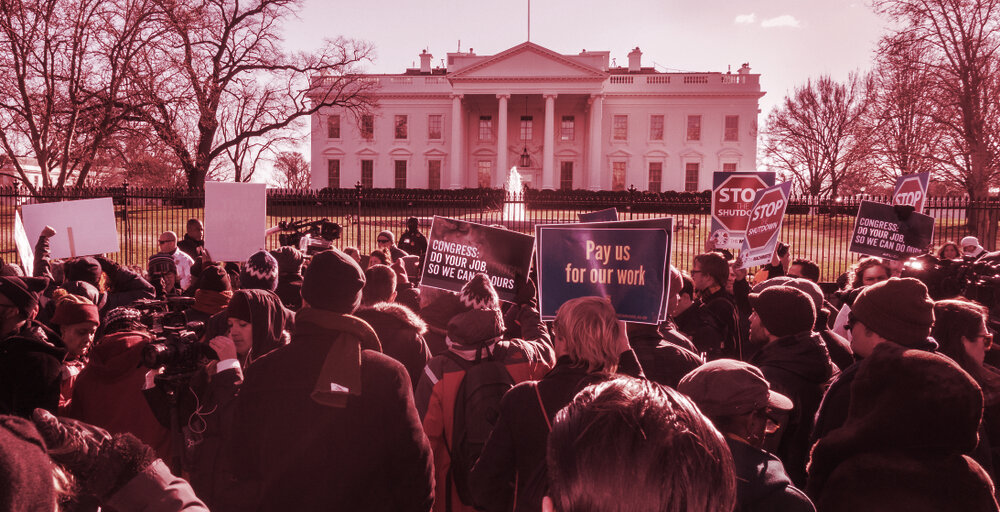Crypto industry leaders are abuzz over the bombshell announcement that the U.S. Treasury Department has banned American citizens from using Ethereum coin mixer Tornado Cash.
Tornado Cash is a service that allows users to make transactions on the Ethereum network more private by pooling together large numbers of transactions and mixing them in a manner that prevents their tracking on the blockchain. The Tornado Cash website was unreachable as of this writing.
To some, the U.S. government’s actions on Monday strike at the core of crypto’s ethos as a decentralized financial system that should protect the privacy of all users.
“I don’t think it was appropriate at all,” Ethereum core developer Preston Van Loon told Decrypt. “Tornado Cash is a tool, like any other, that can be used for bad and good.”
Roman Semenov, Tornado Cash’s founder, alleged on Twitter that his Github account was suspended following the federal government’s blacklist announcement this morning.. Github is the code hosting platform upon which Tornado Cash is built.
Erik Vorhees, a prominent crypto startup founder and one of Bitcoin’s earliest advocates, condemned not just the announcement, but Github, for enforcing “the tyranny of [the] US government’s sanctions list.”
“Surveillance of everything, control of everyone,” Vorhees sarcastically mused about the development. “That’s what makes America great.”
“Law abiding Americans are the only ones hurt by this,” he added in another Tweet.
Others claimed the sanctions were unlawful, citing numerous federal court cases that have previously established “source code as speech” protected by the U.S. Constitution.
Some argued that the ease with which Github was able to lock users like Semenov out of their code reveals the need for internet building tools to be further decentralized.
The Treasury Department justified its Tornado Cash sanctioning by citing the service’s use by multiple bad actors, including North Korean state-sponsored hacking organization Lazarus Group and the criminals that stole $7.8 million during last week’s Nomad Bridge hack.
To some industry experts, today’s ban on Tornado Cash won’t prevent criminal entities from laundering illegally-acquired funds.
“Users [will create] new instances of the Tornado contract, or other similar forks,” said Johns Hopkins professor Matthew Green, an expert in cryptography. “Treasury will then have to sanction those new addresses whack-a-mole style.”
To Green, the federal government’s strategy is unsustainable, and ultimately harmful to users’ privacy rights.
“For the record, I am not in favor of North Korea laundering stolen money,” said Green. “But I’m also not in favor of governments stepping in and smashing every service that lets users shield their transaction history from being read by the whole world.”
Stay on top of crypto news, get daily updates in your inbox.


Be the first to comment